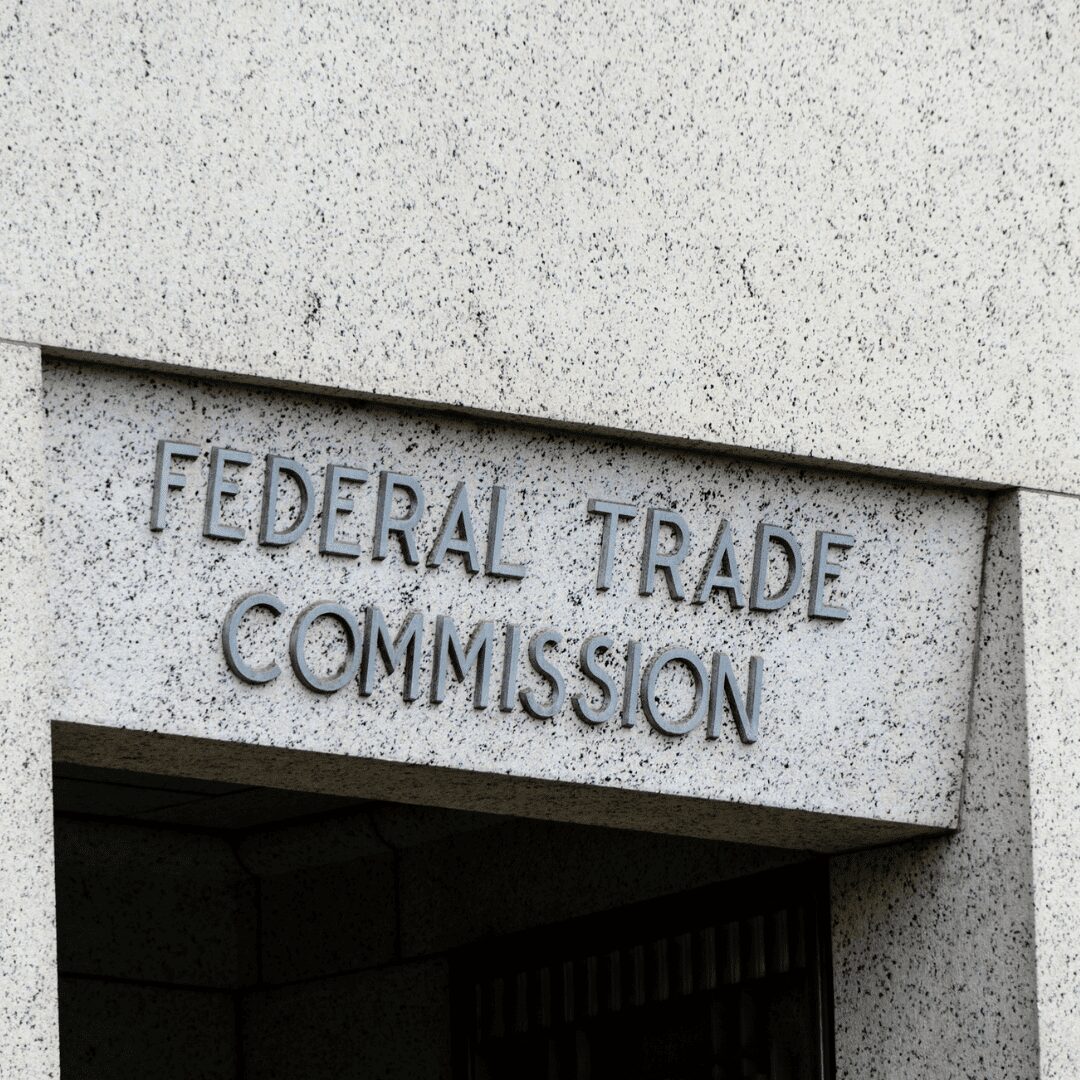However, this type of response misses the mark by a wide margin. Plainly and simple, government is force. Government edicts are enforced by the threat of force – and actual force if there is further disobedience. No interaction with the government can be said to be even-handed as the government makes, enforces, and adjudicates the rules of the game. A government without coercion can hardly be considered a government at all.
When stories break about a federal law enforcement agency – like the FBI – telling a social media company to censor or restrict information, the response ought to be revulsion. However, the target of that revulsion should be the government exerting this pressure on private companies, not the companies that succumbed to said pressure. It also must be noted this pressure does not appear to be specific to the Hunter Biden laptop story, but a part of a larger pattern of government intervention in content moderation.
Under almost any other circumstance, a business leader whose practices were dictated in part due to FBI pressure would be viewed as a victim of sorts. However, big tech companies like Meta have become a popular target for politicians as of late. Those on the left zero in on these companies as the epitome of the corporate greed they bemoan and those to the right see them as tools of the left, trying to censor opposing viewpoints.
Free speech is a valuable part of American society. It’s natural that responses be strong when it feels threatened. However, if elected leaders respond by limiting the ability of American companies to run their operations as they see fit, that will be just as big a blow to speech in the long run. If an example of government force is used to punish the free market, it will engender more cynicism towards Washington than that which already exists. In order to actually address the issues felt by many, we need to be clear on who the actual threat is, instead of zero-ing in on politically convenient opponents.

